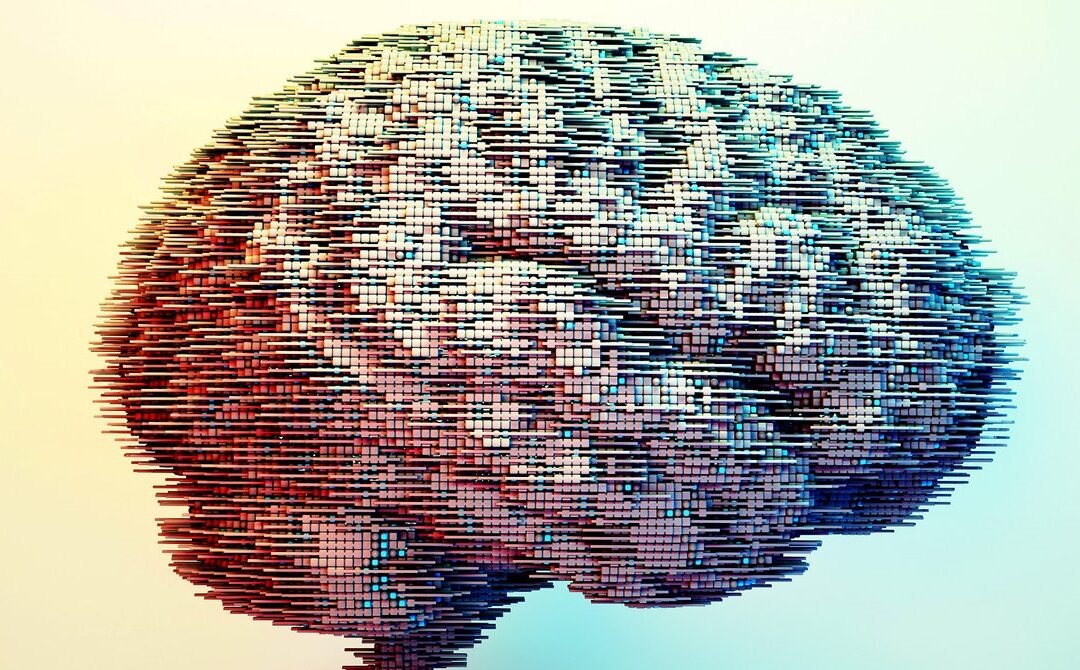
The turmoil at OpenAI over the past five days has captivated the tech industry and kept entrepreneurs, journalists, and anyone who still has an X account glued to their timelines for the latest emoji updates and lower-case missives. In the meantime, some of the most prominent AI companies—including OpenAI—continued to do what Silicon Valley is known for: Drop new products.
The unexpected firing of Sam Altman, OpenAI’s CEO, was followed by an avalanche of new AI features from competitors, including Anthropic and Stable Diffusion. On Tuesday afternoon, in the midst of turmoil, OpenAI rolled out ChatGPT with voice capabilities for free to all users. OpenAI had pre-released this in late September, but only for paid users. Now the update is more widespread.
Even though OpenAI dominated the conversation in Silicon Valley throughout 2023 with its zeitgeist capturing products, like Dall-E 3 and ChatGPT powered by GPT-4, the chaos inflicted by the board’s decision to undermine Altman and speedrun through new CEOs may have created a window of opportunity for other AI companies. (Despite the fact that Altman eventually returned to continue leading OpenAI.) And while these product updates were months in the making, the timing couldn’t have been better for OpenAI competitors. Many enterprise customers of OpenAI’s tools, spooked by Altman’s exit, considered making a switch over to Anthropic or another provider while he was out.
“Feels like every week, there’s something new being launched or announced from one of the major players. So, my guess is that the launches of Stable Video Diffusion and Claude 2.1 were likely just a coincidence,” says Dharmesh Shah, who’s the CTO and cofounder of HubSpot as well as an OpenAI shareholder.
Claude Tells the Truth
After Altman’s sudden exit, while the fate of OpenAI’s leadership remained in flux, Anthropic announced a more powerful version of its Claude chatbot and Stability AI released a text-to-video generator called Stable Video Diffusion.
Anthropic’s latest model, Claude 2.1, was given two key updates. One is the ability to upload more data at once to the chatbot and fewer lies. The token limit for Claude is now set at 200,000 tokens, which is approximately the length of a 500 page book. (Sorry Leo Tolstoy fans, you’ll have to wait until future updates to analyze all of War and Peace in a single prompt.) To compare, the rate limit for the GPT-4 Turbo model, announced by Altman pre-firing, is capped at 128,000.
And, Anthropic claims that the new Claude is more likely to admit when it’s unsure of an answer, rather than fibbing with the utmost confidence. “We tested Claude 2.1’s honesty by curating a large set of complex, factual questions that probe known weaknesses in current models,” reads the company’s blog post. A lack of veracity, often described as hallucinations, continues to be a major issue for chatbots.
Pivot to AI Video
While you can access Claude 2.1 today, the new Stable Video Diffusion from Stability AI is just open to researchers for now, before the general public is allowed to try it out. In contrast to the AI tools released by OpenAI, Stability AI focuses on launching open source software. The company’s new AI tool is similar to Runway, another text-to-video model.
When you input a prompt into a text-to-video model, the AI spits out GIF-like animations that can range from eerily beautiful to downright disturbing. In addition to text-to-video capabilities, Stable Video Diffusion can transform your still images into videos by adding motion.
Speak Up, ChatGPT
While this isn’t technically a new feature from OpenAI, the company rolled out ChatGPT with voice capabilities to everyone in the short period while Altman was out as CEO. The feature was previously restricted only to users who paid for OpenAI’s $20-a-month subscription service, ChatGPT Plus.
It’s not yet giving Spike Jonze’s Her, but the software developers at OpenAI took another big step towards their goal of “multimodality” by giving the chatbot the ability to hold a conversation with you. The idea is that a chatbot can be even more powerful if it can accept inputs and provide outputs in multiple mediums, like voice, text, and images. Who knows when it’ll learn how to smell.
As the year winds down, the rapid pace of AI innovation shows no signs of deceleration. Soon after news broke that Altman would return as OpenAI’s CEO, Inflection AI, another competitor, announced an upgraded model for its Pi chatbot. If you were hoping for a break in the pummeling of AI news, don’t hold your breath.

